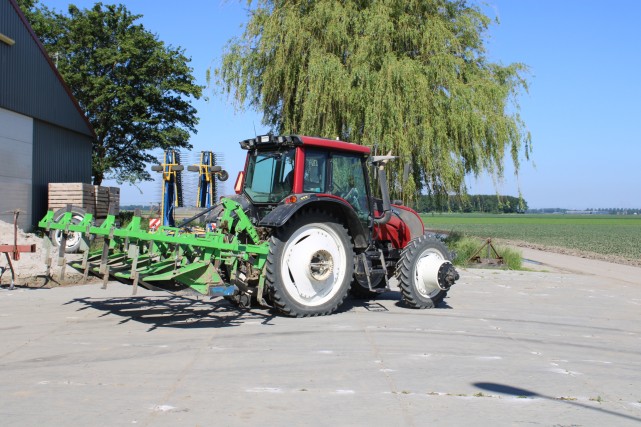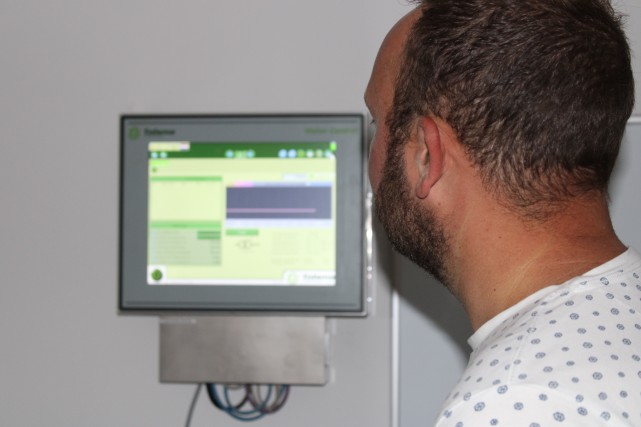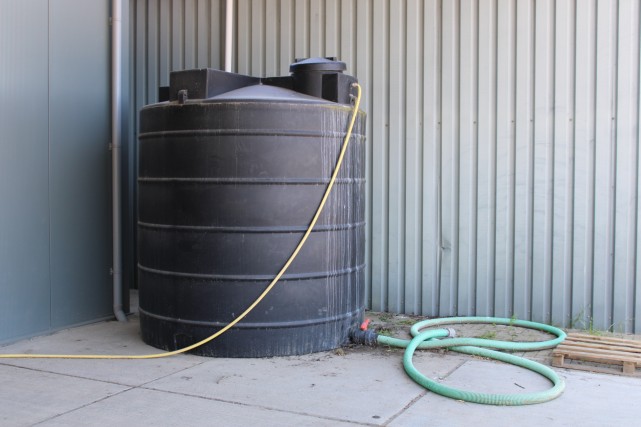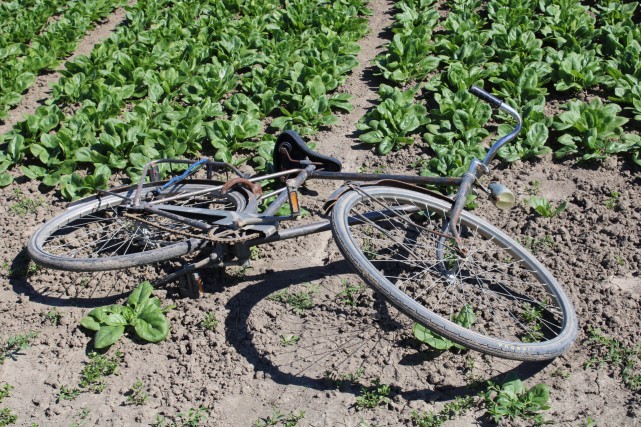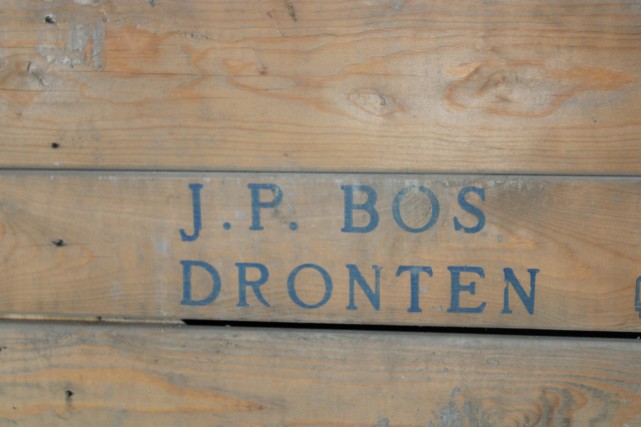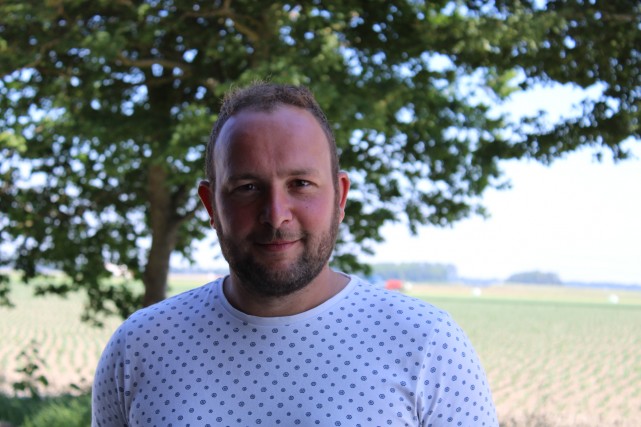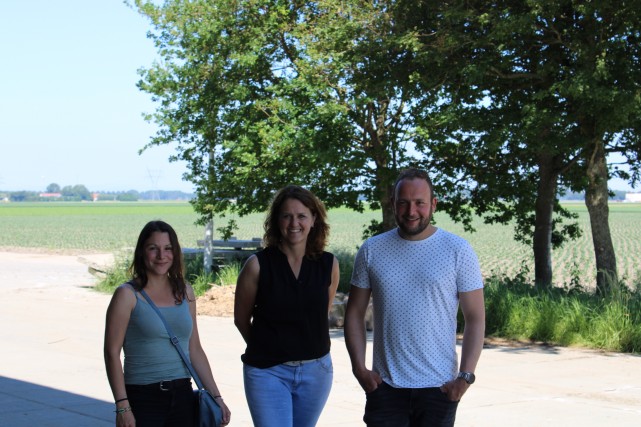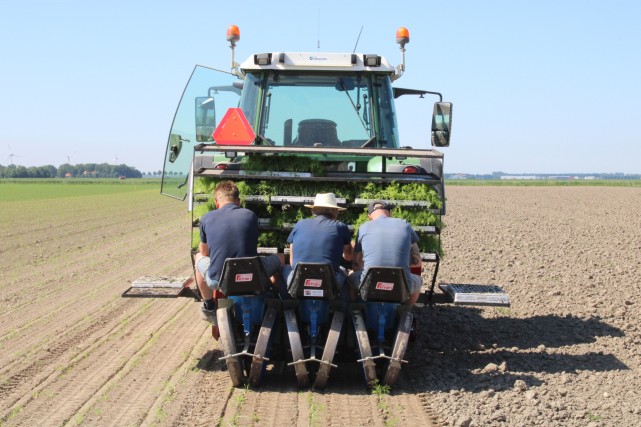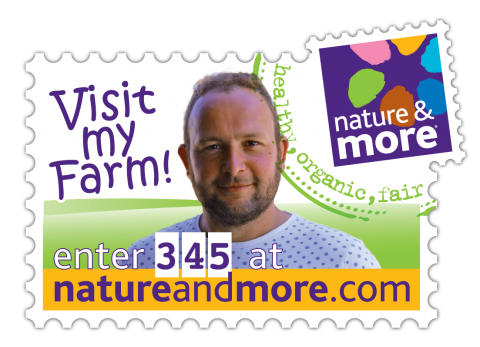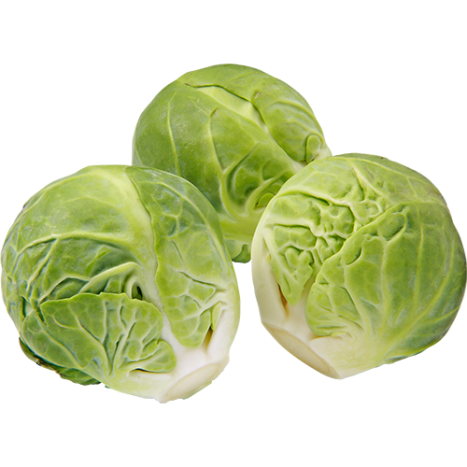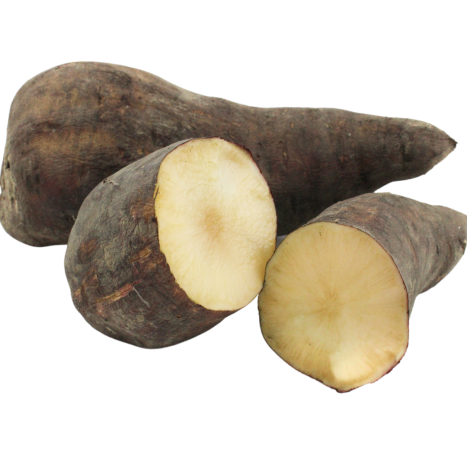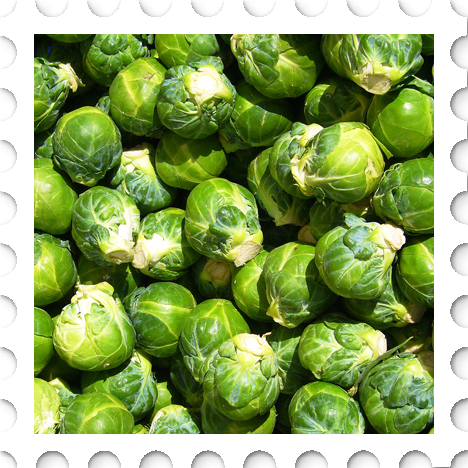N&M: When did you switch to organic farming and what challenges have you encountered along the way?
Frank: In 2000, my father switched to 100% organic farming. At a certain point in time, the use of artificial fertiliser and pesticides started to make me feel increasingly uncomfortable once I became aware of how detrimental it is to our planet’s future. So I am as enthusiastic about having taken this step as ever! Soil life and the micro-organisms in the fields never cease to amaze me. It really took some time to find out the best and most suitable method of organic farming, because sprouts are not an easy crop to grow, considering how vulnerable they are to insects and moulds. This is quite a challenge for me, but luckily things are on track and our customers are happy and satisfied with the products we supply.
What do you like best about your work?
The fun thing about my work is that it allows me to take steps and see whether they lead me to positive outcomes. Organic cultivation involves living close and in harmony with nature; for example we started experimenting with weeding using compressed air, blowing away cabbage root fly eggs around the plant and mechanical weed control. I am very enthusiastic about weeding using compressed air. We see a clear decrease in germ pressure because ‘germ waste’ between plant rows is blown away without the use of any harmful chemicals. We had a demo field with 20 varieties, primarily with a view to differences in susceptibility to disease between varieties. Following many years of experience, an indication can be given of the varieties that are most suitable for organic cultivation, including attention devoted to the quality and grading of sprouts.
Do you have any other plans to improve sustainability?
We are looking to exploit the natural enemies of vermin as much as possible, such as ladybirds, predatory mites, lacewings and ichneumon flies. In organic sprout cultivation, the main measure against thrip damage is to encourage natural enemies, such as sowing field margins using the correct blend of green manure plants.


